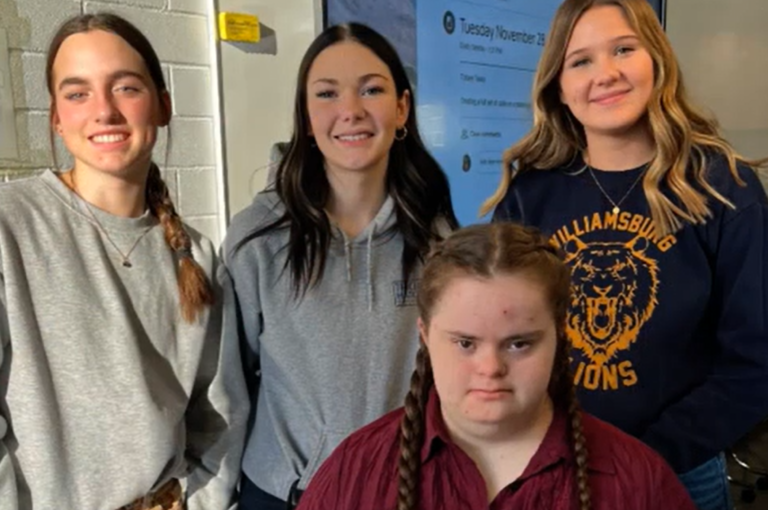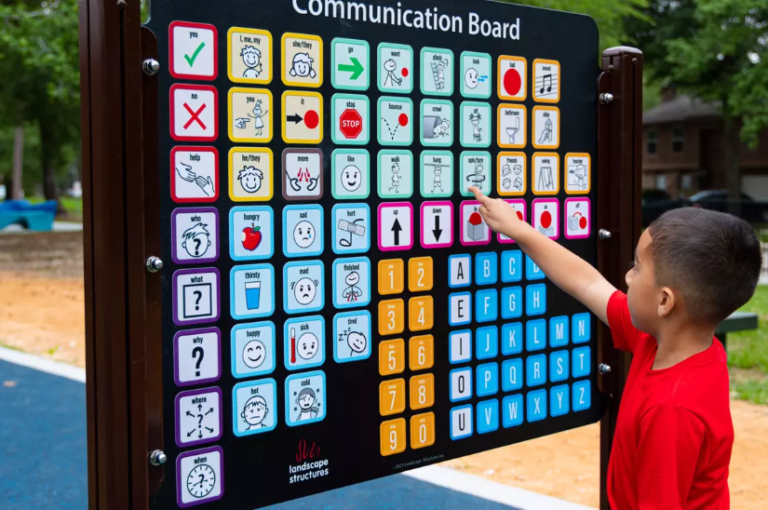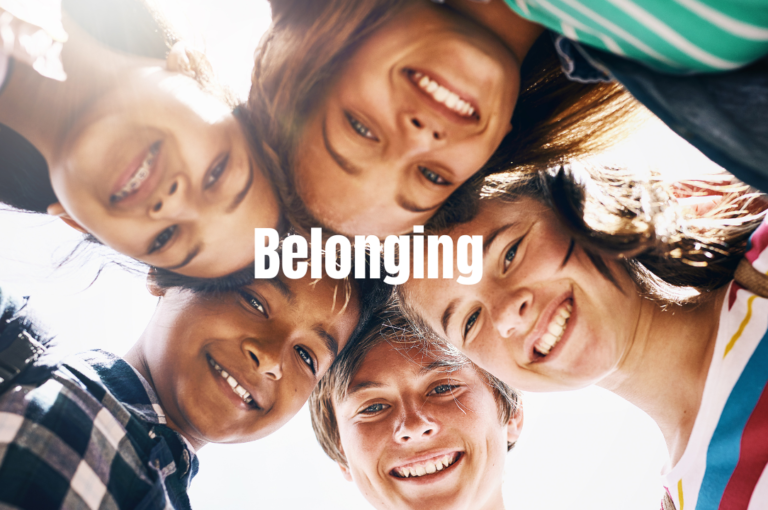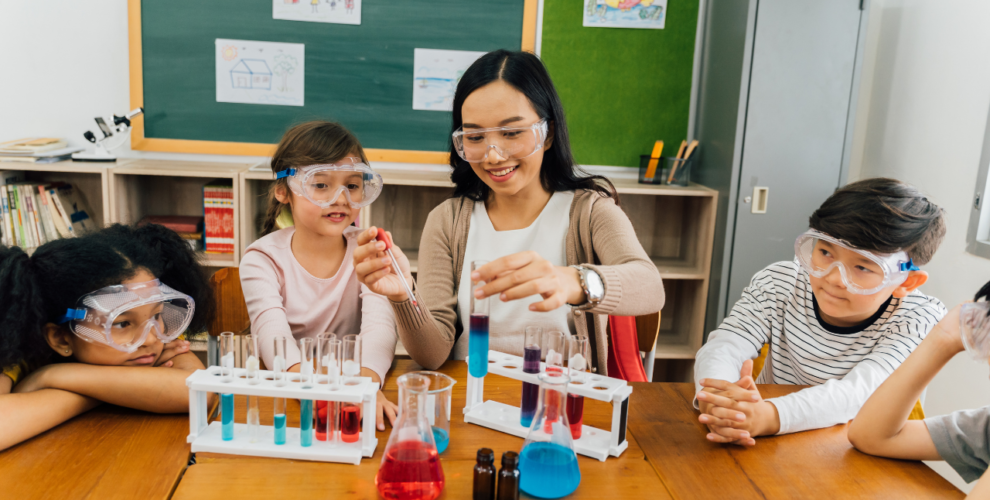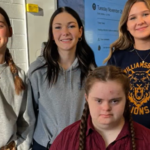In today’s rapidly evolving world, scientific literacy and critical thinking skills have become more important than ever. As educators, it is our responsibility to empower students with the necessary competencies and transferable information to navigate the complexities of the New Alberta Science Curriculum. By treating every student as a scientist, we can foster a deep understanding of science concepts and cultivate a lifelong appreciation for scientific inquiry. In this article, you will find strategies to promote scientific thinking, develop competencies, and leverage transferable information in the teaching and learning of Alberta Science Curriculum.
Embracing the Scientist Mindset:
- Encourage every student to become a scientist, it is crucial to nurture a mindset that values curiosity, inquiry, and evidence-based thinking.
- Foster an environment where students feel comfortable asking questions, designing experiments, and analyzing data. Encouragement to explore, make observations, and draw logical conclusions is key.
Integrating Competencies in Science Education:
- Competencies are essential skills that transcend subject areas and can be applied to various real-world contexts.
- Integrate competencies, such as critical thinking, problem-solving, communication, collaboration, and information literacy, into science lessons.
- Encourage students to think critically about scientific concepts, propose solutions to real-world problems, communicate their findings effectively, work collaboratively in group projects, and evaluate the reliability of information sources.
Leveraging Transferable Information:
- Transferable information refers to knowledge and skills acquired in one context that can be applied to another.
- Help students recognize connections between science concepts and their everyday lives.
- Relate scientific principles to practical situations, current events, and real-world applications.
- Encourage students to make connections between different science disciplines and draw on their prior knowledge to solve problems.
Inquiry-Based Learning:
- Inquiry-based learning places students at the center of their learning experience.
- Encourage students to explore scientific phenomena through hands-on experiments, research projects, and open-ended investigations.
- Provide opportunities for students to ask questions, formulate hypotheses, design experiments, collect data, and draw conclusions.
- Guide students through the scientific method and help them develop the skills to analyze and interpret data critically.
- By engaging in inquiry-based learning, students develop a deep understanding of scientific processes and become active participants in their own learning.
Assessment for Learning:
- Assessment plays a crucial role in promoting scientific thinking.
- Move beyond traditional exams and embrace a range of assessment strategies including observations and conversations, that align with the Alberta Science Curriculum.
- Use formative assessments, such as self-assessments, peer assessments, and project-based assessments, to gauge students’ understanding and progress.
- Provide meaningful feedback that focuses on the development of scientific thinking skills, competencies, and the application of transferable information.
- Encourage students to reflect on their learning and set goals for improvement.
By treating every student as a scientist and incorporating competencies and transferable information into the teaching and learning of the New Alberta Science Curriculum, we empower students to become scientifically literate individuals. By embracing the scientist mindset, integrating competencies, leveraging transferable information, promoting inquiry-based learning, and using effective assessment strategies, we foster a generation of critical thinkers capable of applying scientific principles to real-world challenges. Let us inspire the scientists within our classrooms and cultivate a love for lifelong learning and scientific inquiry.

